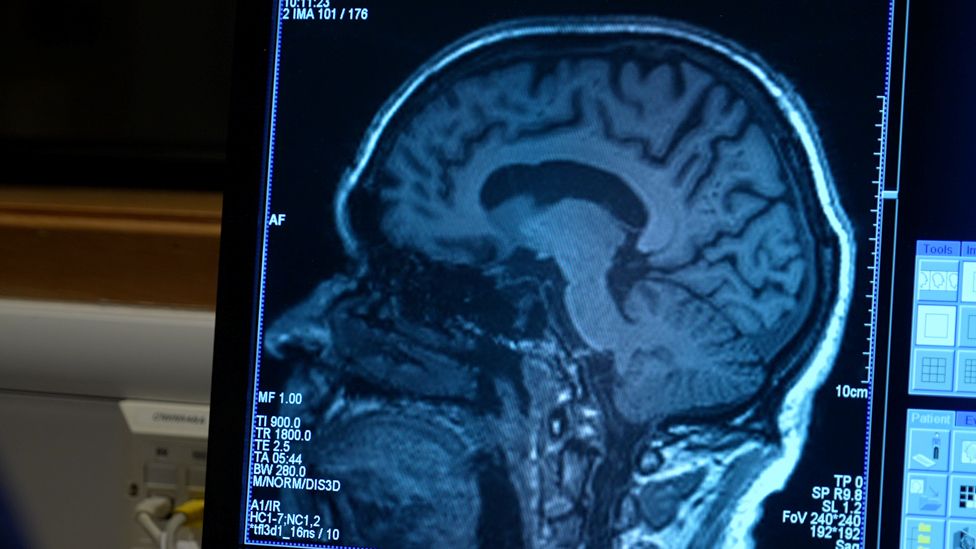In early June 2021, the U.S. Food and Drug Administration (FDA) gave the green light for the approval of aducanumab for treating Alzheimer’s disease. However, its approval led to fierce controversy among the scientific community regarding its efficacy.
In a journal report released in Annals of Internal Medicine, a former member and Chair of the advisory panel at the FDA explained why the approval of aducanumab may be problematic for clinical research.
“Under accelerated approval, a drug is approved based on its effect on a surrogate marker of a disease rather than clinical outcomes. The product is expected to provide a meaningful advantage over other available therapies for a serious disease,” a news release of the report reads.
“Aducanumab’s phase 1 study indicates the drug reduces beta-amyloid (the surrogate marker of disease), but whether beta-amyloid alone is a valid surrogate for the treatment of Alzheimer’s is notably unclear and still a topic of ongoing important study. With the surprising approval, treating an amyloid level becomes clinical practice.”
The FDA approval of aducanumab was also met with criticism from an array of scientific blogs and institutions, with a watchdog group suggesting FDA leaders backpedal on its approval.


